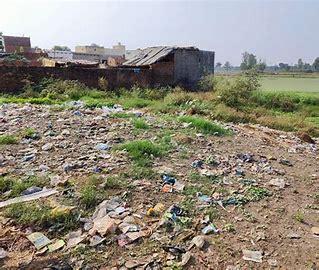Plastic pollution has become one of the most serious environmental threats of our time. With over 300 million tons of plastic produced globally each year, much of it ends up polluting our land, rivers, and oceans. In India, the rapid rise in plastic consumption—especially single-use items—has overwhelmed waste management systems and contributed to widespread environmental damage.
Single-use plastics like bags, bottles, and packaging are used briefly but persist in nature for hundreds of years. These materials clog drains, cause urban flooding, and degrade into microplastics that contaminate soil, water, and even the air. Marine life suffers immensely: turtles, fish, and birds often mistake plastic for food, leading to injury or death. These microplastics also enter the human food chain, posing serious health risks.
India’s 2022 ban on select single-use plastics was a welcome move, but enforcement remains inconsistent. Alternatives like biodegradable packaging and reusable containers are gaining popularity, but affordability and accessibility are still barriers for many.
What Can We Do?
-
Reduce: Say no to single-use plastics and choose sustainable options.
-
Reuse: Carry reusable bags, bottles, and containers.
-
Recycle: Segregate waste properly and support recycling initiatives.
-
Educate: Spread awareness about the impact of plastic pollution.
Plastic pollution is not just an environmental issue—it’s a reflection of our lifestyle choices. By adopting mindful habits and supporting eco-friendly policies, we can reduce plastic waste and protect our planet for future generations.

